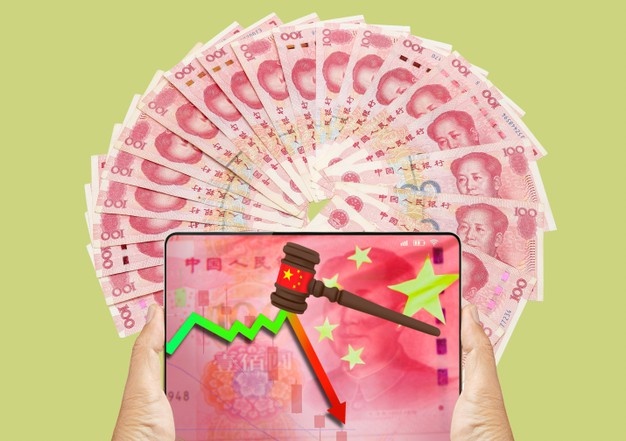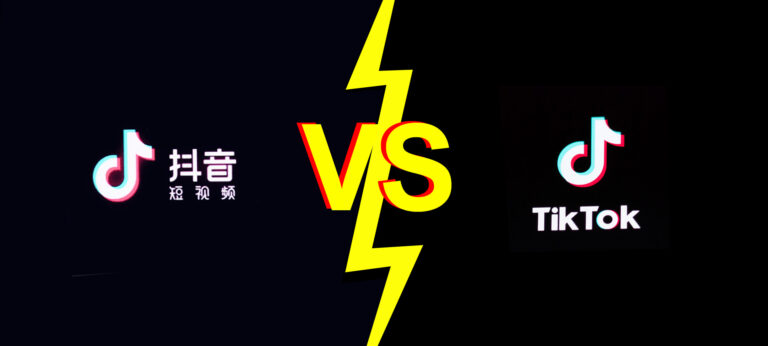In the second half of 2021, it seems almost every week we hear of a new crackdown in China, each of which impact a range of industries, throwing market dynamics for a loop. This article details some of the larger crackdowns and their impacts on the markets
- The education crackdown on extracurricular tutoring
- The online car-hailing crackdown
- The cryptocurrency crackdown
- The medical beauty advertising crackdown
- The gaming crackdown
- TikTok hit by the technology crackdown
- The entertainment crackdown
- Anime targeted in entertainment crackdown
China’s crackdown on education for extra-curricular classes
In July 2021, China’s Ministry of Education issued new regulations regarding extracurricular compulsory education services and summer education campus services. The rules state that one of its main goals is to ease the burden and anxiety of Chinese parents who want to give their children a good education. The guidelines focus on nine-year compulsory pre-high school education — from elementary to high school — and call for the transformation of academic tutoring businesses to non-profit. The rules also state that educational companies should not offer classes on weekends, holidays, summer and winter vacations. In fact, the Chinese government only allows tutoring on weekdays and for a limited number of hours.
Governments in provinces such as Shanxi and Hunan were among the first to order the suspension of online and offline tutoring classes for children from kindergarten to 9th grade. The new rules have dealt a severe blow to Chinese educational technology companies. Namely, for such companies as VIPKid, Yuanfudao and Zuoyebang. In addition, shares in educational giants such as the New Oriental Education and Technology Group fell by a record 86% from a year ago. Their main income was tutoring.
Parents also experienced problems due to the new education rules, as good grades in China play a huge role in determining career opportunities and many parents are looking to send their children to a multiple number of additional educational activities.
China’s crackdown on online car-hailing to support green vehicles
Online car-hailing is an important means of transportation for many people in China. Recently, the Ministry of Transport issued a notice on the online car-hailing policy. Among them, the fine for not obtaining an online car-hailing driver’s license changed from 10,000 yuan to 30,000 yuan. The new regulations also clearly pointed out that online car-hailing vehicles must be “pure electric passenger vehicles”. It created positive dynamic in terms of sales of electric vehicles in China, which reached 1.6 million vehicles in 2020.

After that, popular Chinese taxi service, Didi, also issued new requirements:
1. The vehicle age should be less than 8 years (according to the time on the driver’s documents which should be showed Didi while applying);
2. The mileage must be less than 100,000 kilometers and the vehicle in good condition;
3. The value of the car must be more than 70,000 yuan;
4. The driver must have a C2 or higher driving license and has more than 1 year of driving experience; the special car driver must have a C1 or higher driving license and has been driving for more than 3 years.
China’s crackdown on cryptocurrency transactions starting with combating mining
In June 2021, the Chinese government announced a total ban on cryptocurrencies. The new regulations have wiped out the market value of Bitcoin by more than $400 billion US overnight.
China took the lead in expressly prohibiting its citizens and companies from entering the cryptocurrency market, and started “combat mining.”
The Chinese government believes that this poses a potential threat to economic development and the stability and order of the financial system. Due to the decentralized nature of cryptocurrency, there are no barriers to participation. Therefore, it is impossible to unilaterally and completely block the market transaction of cryptocurrency by only relying on a certain government or financial institution. Therefore, the Chinese government introduced digital RMB instead. Digital RMB is a central bank digital currency (CBDC), which integrates the payment channels of existing financial institutions and does not simply rely on private payment platforms such as Alipay and Tencent.
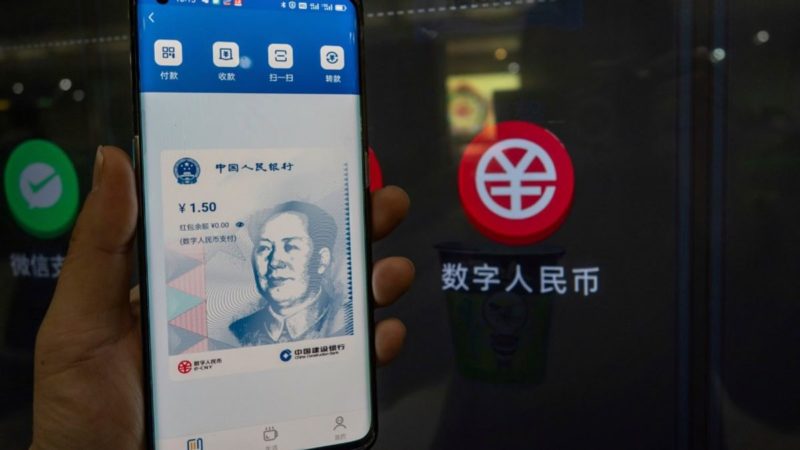
China’s crackdown on medical beauty advertising introduces new types of beauty ads
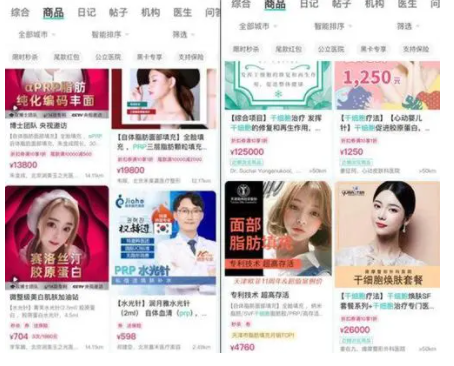
In May 2021, the Chinese government created draft stated that medical cosmetology advertisements are medical advertisements, and advertisers must obtain medical institution practice licenses in accordance with the law to publish their advertisements. The draft enumerates various types of medical beauty advertising that the market supervision department has focused on: creating “appearance anxiety”, improperly linking poor appearance with negative evaluation factors such as “incompetence”, “laziness” and “poverty” or making the appearance outstanding Improperly related to positive evaluation factors such as “high-quality”, “diligence” and “success”.
For medical cosmetology advertisements involving “doctors” and “experts”, the new regulations clarify several types of situations: if the names and images of health technicians, medical education and scientific research institutions and their personnel appearing in medical cosmetology advertisements are true, they should be deemed as true. The restrictions also include ads featuring people in white lab coats as they are enough to mislead consumers into thinking that they belong to professionals such as doctors should be regarded as illegal medical cosmetology advertisements. Additionally, interviews with health technicians, medical education and scientific research personnel, and the address and contact information of relevant medical cosmetology institutions should appear in special reports.
China’s crackdown on video games is getting more serious
Recently, Chinese officials described the game as “mental opium”, limiting children’s play time to only three hours a week on Friday, Saturday and Sunday. At other times, platforms cannot provide online game services to minors in any form. According to reports, Chinese leaders worry that children are addicted to video games, which will adversely affect their development.
After the new regulations, the Chinese gaming giant NetEase’s share price plummeted by 7%. With the continuous development of the Internet economy, the Chinese gaming industry has achieved rapid growth since 2017. In 2020, due to the epidemic, the home time was longer and the game time was significantly more. Therefore, the domestic game market sales revenue reached 278 billion yuan, a year-on-year increase 20.7%.
Two-dimensional games will suffer the most from the new regulations asthe current target market of two-dimensional mobile games is under 18 year olds. In fact, the proportion of minor players in universal mobile games such as King Glory is higher than that of two-dimensional mobile games. The data shows that the proportion of underage players of King of Glory reached 57.9%. In contrast, the proportion of underage players of Yuanshen was only 15.4%, and the proportion of Ark of Tomorrow was only 7.3%. From the perspective of revenue, although the regulatory policy will cause most games to lose a large number of users, the impact on the two-dimensional games is expected to be greater than that of the other mobile games.
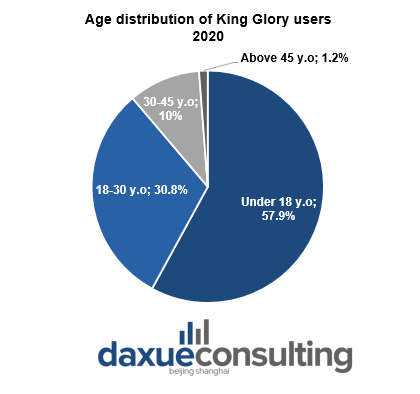
China’s crackdown on technology spreads to TikTok
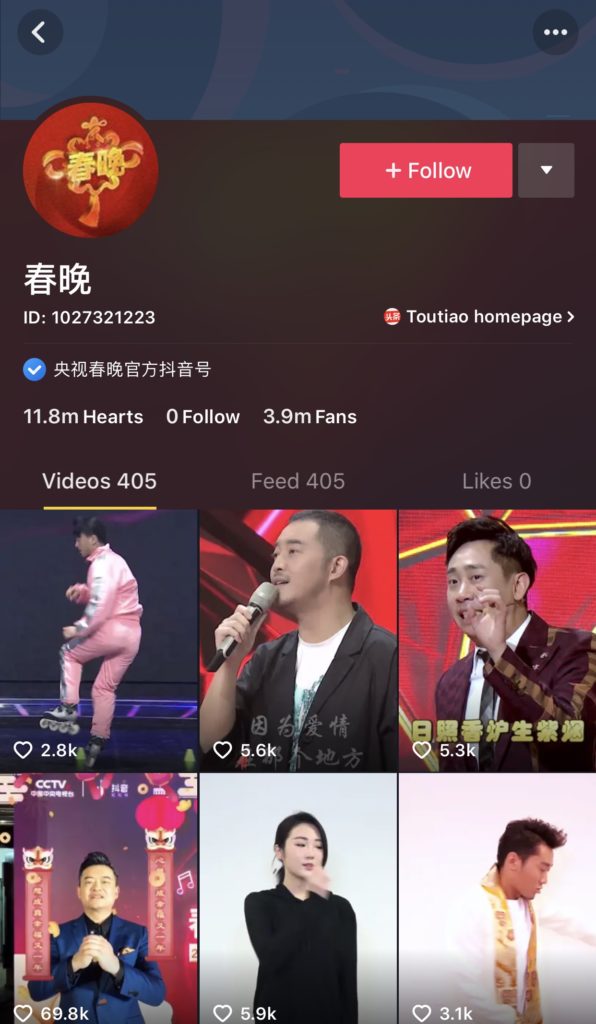
In summer 2021, ByteDance announced that Douyin, the Chinese version of TikTok, will introduce new restrictions for minors under the age of 14. Now they can the app 40 minutes a day, and they can get the access to the app only between 10pm and 6am. Bytedance also urged parents to add more comprehensive user data to avoid children misreporting their age in order to bypass the ban. At the same time, the company launched a new TikTok-style app called Xiaoquxing (“Little Fun Star”), which provides short educational videos.
China’s crackdown on celebrities and fan groups
Following accusations against Chinese-Canadian idol, Kris Wu, raping underage women, and obsessive online fan culture deemed inappropriate by authorities, the Chinese authorities cracked down on the idol economy.
Beijing unveiled its eight-point plan at the start of September 2021. The plan requires Chinese stars to pay attention to their literacy, ethics, and moral conduct. It also emphasizes the illegality of drug abuse, rape, and tax evasions. On the fan-facing side, the plan limits fan activity of promoting stars online via hashtags, comments and posts.
Additionally, some of the other rules include a boycott on Little Fresh Meat (小鲜肉), also known as ‘sissy’ men, a ban on inflated salaries and ‘yin yang contracts’, a stricter requirements on variety show hosts, and more regulations on entertainers. Read more on China’s entertainment industry crackdown here.
China’s crackdown on anime and cartoons

The Chinese government has also tightened its grip on the entertainment industry. For example, in 2021 it announced a ban on violent, vulgar and bloody children’s TV shows. This caused a flurry of discontent as Chinese streaming services banned popular anime shows. Namely, the hashtag for the deletion of Tiga’s Ultraman show in Weibo has been viewed 84 million times. This popular Japanese anime series “Tiga Ultraman” has been censored by Chinese streaming services. The show aired from 1996 to 1997 and includes five additional films. The Chinese government said streaming services should create children’s channels with child-friendly content for their healthy development.
What brands can do to stay afloat amid crackdowns
- Diversify revenue sources. While we cannot predict what industry will experience crackdown next, it’s important to stay agile. The more baskets a company puts their eggs in, the less likely they will crumble if one basket is taken away.
- Diversify marketing strategies. As crackdowns are not just related to operations but also marketing, such as the recent crackdown following multiple celebrity scandals, brands should not depend on one platform, celebrity, or marketing tactic to capture their audience.
- Stay wholesome and family-friendly. The goals of the authorities to create a healthy society are clear, while it was gore in children’s shows today, it could be an unhealthy product tomorrow. Products and industries that contribute to the well-being of consumers are less likely to be impacted.
- Routinely monitor what netizens are saying on social media. Many crackdowns, such as the watchdog’s warning on workplace drinking culture, created outrage among netizens. Brands should routinely perform social media listening and cater to the opinions and values of consumers.


